My journey in Sabha, the multilingual theatre society of St. Stephen’s
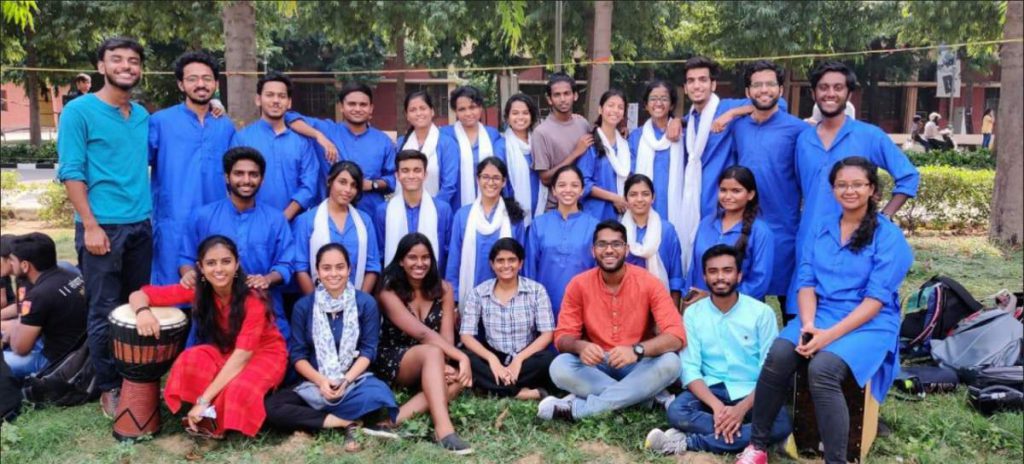
[responsivevoice_button voice=”US English Female” buttontext=”Read out this Theel for me”]
Alina Sara Samuel is the outgoing President of Sabha, the multilingual theatre society of St. Stephens College, University of Delhi. She was a History undergraduate student (2017-2020) in the college. Here, she recounts her journey in the theatre society right up until she was elected as the President and beyond. Here are some excerpts.
Hi Alina! I have to tell our audience how I know you. You were my immediate senior when we were students in St. Paul’s School, Hauz Khas, New Delhi. I know you as a prolific orator and academically a rank holder. But I am curious as to how you ventured into drama in college? What is your journey towards Sabha?
My journey towards theatre and Sabha was a very accidental one. I just went to the first round of the selection for fun, and for some weird reason, they selected me, and I was called for the second round of auditions. I was like, “at least I am getting selected somewhere, might as well go for it.” So I finally cleared all the rounds and got selected. In the first year, I was not very active because I was trying to adjust to college, long travel hours, etc. but towards the second year went to a lot of competitions outside the college. I realized I really like theatre and there are more aspects to theatre than just acting. There’s publicity, design, etc. I realized that this is what I actually enjoy doing; this is my journey towards Sabha.
For someone like me, who is an absolute outsider to anything remotely theatrical, please give a brief overview on exactly how you stage a typical play, what are the stages involved?
So for any play we put up, we call it a production. Every year, we have 4 to 5 productions. We start with what we call a ‘pitch.’ We ask our team members to begin preparing a script for any topic of their choice. And one day, we ask them to start fixing their scripts. On the designated day, we start discussing them. Actually, what most people have is not even a script; its an idea (laughs)—everyone votes. Aspects like budget, administrative issues are, of course, kept in mind. After voting, one idea is selected. Then script making sessions start. Once the script is kind – off ready, then we start the auditions for the various roles. I think acting is a skill that some people are born with, but it can also be honed over time. I think the utmost quality an actor has to have is the dedication to his/her craft. Also, flexibility is needed to try out different characters, not just the ones you’re comfortable with. Then practice sessions start, and they are so exhausting because when we don’t have anything such as a concrete script, actors are just given a brief of the scene, and the entire scenario becomes very impromptu. We also jot down their improvisations. While all this is going on, there’s also a production team that handles the props, equipment, etc. If furniture needs to be removed, something needs to be added. Then there is also a light team that is responsible for managing the light equipment. Then one fine day, we stage the play. That’s the end. Yeah, so it is tough but exciting as well.
St. Stephen’s College is one of the most prestigious educational institutions in the country and attracts rank holders from across the nation. I would not be surprised if most people come from relatively privileged backgrounds. So does an unconscious bias of elitism run in the functioning of the students and the society?
Yes, I would suggest that there is a bias of elitism. In the context of theatre, I have felt it personally. Theatre in St. Stephen’s always had an Anglophone character. The English Theatre society Shakespeare Sabha is one of the oldest societies in the country. It has always done English, and Shakespeare plays. We, as a multilingual theatre society, separated from it sometime in 2008. It was really difficult for us to create a separate identity of our own. Things are still relatively better for stage theatre, but when it comes to street theatre, its especially looked down. I have had people coming up to me and saying, “Why are you making so much noise? What is the need of Nukkad Natak anyway ?”. I think it will take a lot of time for people in college to get used to it. It has not gained the respect it deserves. It makes me feel really bad.
How do you handle when staging plays depicting burning social issues?
I think we are forced to take a neutral ground. There is a lack of creative liberty. There can be issues with the administration. Suppose if a professor sees our play and thinks something is problematic, he/she can complain to the administration. After that, we might stand the risk of being suspended or even the society shutting down. Burning social issues are honestly never taken up. Social issues are taken up, but even if we try to portray certain issues such as rape, we tend to play safe. We went to LSR and staged a rape scene. This time we did not go for the traditional way by just throwing off the dupatta and showed it more explicitly. The judge got really offended and said it was really disturbing. I mean, it is supposed to be disturbing. It’s the disturbing reality that we live in. So to tone it down so that it looks visually appealing seems like a very stupid idea to me. We try to be politically correct. In stage plays, this can be done in that manner because a lot of things can be metaphorically depicted. However, once I remember that an actor forgot a line and had to speak something impromptu and the judges got offended regarding that as well because it did not suit their sensibilities.
What is it about theatre that attracts you the most?
I think the very fact that a theatre is a place for everyone attracts me a lot. If you take other societies, that might not be the case. There is acting, scripting, direction; if you can do makeup, you’re welcome. Props, costume, production work, anyone with these talents can be absorbed into the field. I did not know earlier that it is such a diverse field. Everyone has a role in the final play that is staged.
What prompted you to stand in the elections as the President, were you more convinced as your abilities as a leader or as someone who learned the nuances of theatre or both equally?
So elections were not something I was planning to do. Not everyone knew me in my society. But I think I was someone who was very dedicated and punctual. So I applied, and they picked me. I think they were also more convinced with my abilities as a leader because I was someone who always managed things. My image was of someone who was not very great at the theatre but someone who had a knack of bringing people together and being accommodative. I might not have been a great actor but was a very good leader.
What were the typical challenges you faced say when you were hosting a theatre competition versus when you had to go as a participant leading a team in an inter-college competition?
I think the typical challenge when hosting competition issues with the administration. You need to get tonnes of permissions. When you are going out, you just need permission informing the college authorities that you are leaving. When performing outside, the issues mainly are pressure to win; someone is thirsty ( especially during street plays ), someone is not on time, etc. Getting good reviews from the judges is also important in this context.
What qualities do you seek when recruiting new members for Sabha?
Hmmm, I think I would say dedication again. People have this attitude of joining a society, getting bored of it, and leaving it midway. People have this habit of joining a society if their friends are in it. Towards the end, we have a problem because people aren’t available. Especially in the street play team because we recruit only once at the beginning of the session. Then people leave it, citing a commitment to other societies, which would become very difficult for us. More than the idea of theatre, the idea of a team, in general, is more important.
As someone who worked in a performing arts society like theatre, did your academics take a backseat at least in certain periods of time when the production was in full swing? If yes, how did you cope with managing both these worlds?
It is actually a thing. My academics took a major backseat, but towards the third year, I somehow figured it out. The first year I was not much into theatre, the second year was very tough because I was travelling for three and a half hours, practices till seven in the evening and then coming back home after practice, I realized I did not have time left for anything. St Stephen’s at the end of the day emphasizes on your academics. Towards the third year, I figured out the approximate dates of my internals and assignments and the timings of events. In case there was a clash between my submission dates and my events, I used to plan out things beforehand and submit my assignments before the designated date. So my time management is my biggest take away from my theatre experience. (laughs !)
How do you, as the President and as an individual, deal with failures – when something doesn’t go as planned, factionalism within the team, administrative issues, etc.?
Okay, so my initial response was to come home and cry. Later I learned that in many cases, it was not our fault. Especially when it comes to administrative matters, it just is not our fault. We cannot do anything about them. So I should not feel guilty and stop blaming myself. So yeah, that realization helped a lot. The benefits of working in a team are that you would always find an alternative. Initially, there is panic, but once everyone calms down, we find an alternative.
Factionalism within the team, I have realized, can never be dealt in its entirety. It will always exist. If 12 people are a part of a team,45 people are part of society, everyone would not agree on the same idea. In a way, its characteristic of a team, so it’s okay.
One of the things that used to happen really often is that people used to get into relationships, break up, not speak to each other, and then that would affect the larger society as a whole. But again, you cannot implement a NO RELATIONSHIP POLICY in a society. So yeah, some things cannot be helped. I tried to expand the activities by introducing midterm fests called Tamasha and planned certain other events. My tenure was cut short due to this pandemic, and before that, we canceled an event to show solidarity with victims of the Delhi riots in February. Many other societies in the college did so as well. So failure occurs, even if it is not your fault, so do not feel guilty.
Thanks, Alina, it was great talking to you! Wish you all the luck for the future!
- Views expressed are purely personal, and neither the interviewer nor The Armchair Journal endorses them in any manner.
Featured Image Credits: Bhumija Rishi


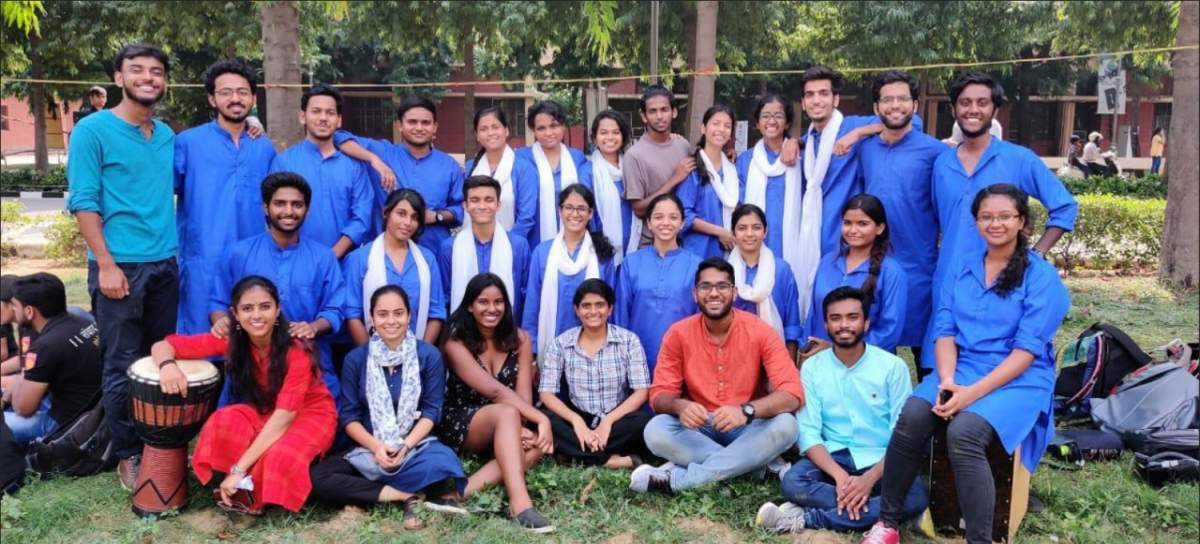

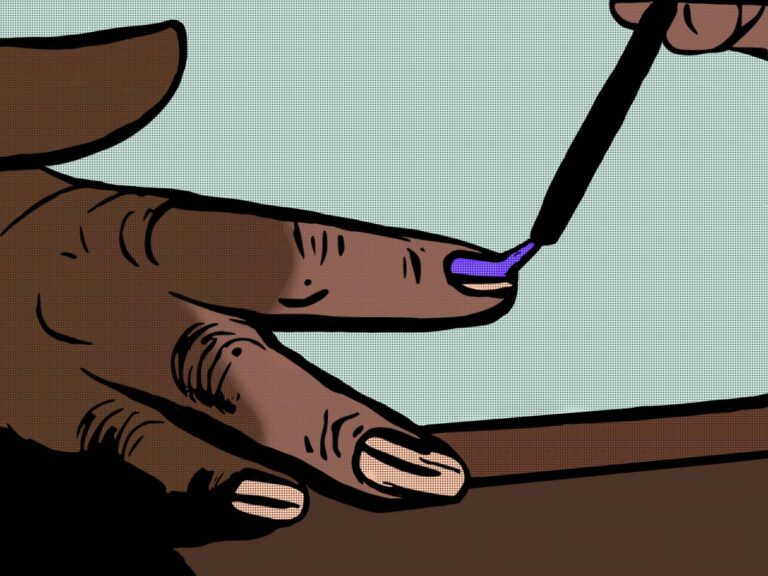

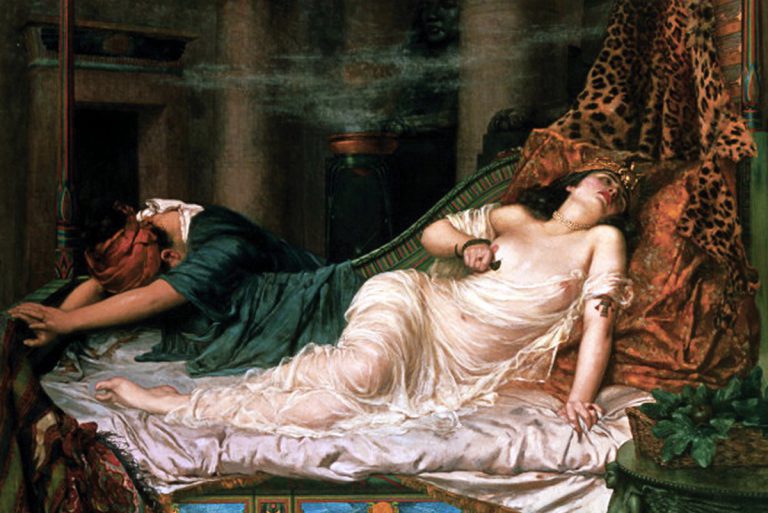

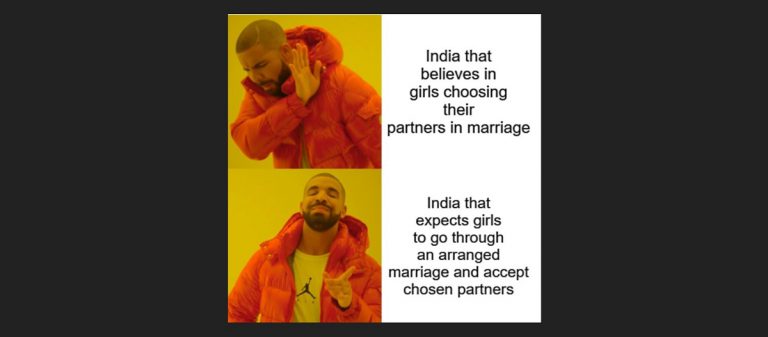
Wow so great!
Thanks!